News pop-ups suddenly announced: "International oil prices plunged back to two years ago in a single night!"
This is not just a carnival for drivers, but also a violent heartbeat of the global economy.
At the same time, Apple and Google, two titans of the tech industry, have suffered setbacks in the EU courts, with fines falling like snowflakes.
Behind this, is it a subtle change in the global economic landscape or a harbinger of the end of the glory days for tech giants?
The night of September 10th is destined to be extraordinary for the global energy market.
Both WTI and Brent crude futures plummeted, as if riding a roller coaster, falling to the abyss.
Financial giants such as Goldman Sachs, Morgan Stanley, and Citigroup have made predictions, all pointing to a staggering conclusion: by 2025, the crude oil market may face a winter of oversupply.
The global community of drivers has likely experienced an unexpected "heart palpitation" – international oil prices have dramatically returned to the levels of two years ago overnight.
WTI crude futures plummeted by 4.31%, settling at $65.75 per barrel.
Brent crude futures prices collapsed, reaching the lowest point since December 2021, with prices at just $69.19 per barrel.
Behind this, there is an interweaving of multiple factors.
The pace of global economic recovery is not as robust as expected, with manufacturing weakness being particularly notable, causing deep market concerns about the outlook for crude oil demand.
This suggests that the global economic momentum may be constrained, and the crude oil market faces challenges of uncertainty.
The production increase plans of OPEC and non-OPEC oil-producing countries may trigger a crisis of oversupply.
The rampant speculative selling has further intensified the market's panic sentiment.
For the general public, the decline in oil prices has brought substantial economic benefits.
Individual savings may seem small, but accumulated, they are a significant amount.
For example, a standard 50-liter fuel tank for a family car means that this oil price adjustment means saving about 4 yuan each time you fill up with 92-octane gasoline.
If you drive 2000 kilometers a month, calculating at a fuel consumption of 8 liters per hundred kilometers, you can save about six or seven yuan a month.
The amount is not large, but accumulating small amounts can also save a considerable amount of family expenses.
The logistics industry benefits even more significantly.
For large trucks in long-distance transportation, the reduction in oil prices directly translates into a reduction in operating costs, saving hundreds of yuan or more per month.
For the logistics industry, which is already facing many challenges, this is a timely help, providing a certain breathing space.
In the long run, the sustainable development of logistics companies still depends on continuous improvement of operational efficiency and the implementation of innovative management strategies.
Although the drop in oil prices is good, it is not a long-term solution to the fundamental problems.
Is the oil price crash really just a crisis?
It also provides us with an opportunity to re-examine the energy structure and promote energy transformation.
As the old saying goes: "A crisis is both a danger and an opportunity."
At this moment of the oil price crash, should we be more determined to move towards a green energy future and reduce our dependence on fossil fuels?
As the global energy market is turbulent, Apple and Google, the two tech giants, have also encountered unprecedented defeats in the EU courts.
Apple was ordered to pay a huge amount of tax for improperly benefiting from the loopholes in Ireland's tax system, and Google was heavily fined for abusing its dominant market position.
This series of rulings is like a heavy hammer, thundering over the global tech industry, sounding a loud alarm for anti-monopoly.
The defeat of Apple and Google is not only a problem for the two companies but also a profound reflection faced by the global tech industry.
With the rapid development of technology, tech giants have gradually formed an unshakable monopoly position with their strong market position and innovation capabilities.
Once this monopoly position is formed, it may hinder fair market competition, suppress innovation, and ultimately damage consumer interests.
The EU's series of anti-monopoly actions are an important reminder to the global tech industry.
It tells us that no matter how big or successful a company is, it must abide by market rules and respect the principle of fair competition.
Only in this way can the tech industry maintain its vitality and continue to promote social progress.
The oil price crash and the defeat of tech giants seem to be two unrelated events, but in fact, they both reflect the new normal of the global economy.
In this new normal, the driving force of global economic growth is undergoing tremendous changes.
The traditional energy industry is facing unprecedented challenges and opportunities.
The tech industry is also experiencing the dual pressures of anti-monopoly and regulation.
The emergence of this new normal is not accidental.
It is the result of the joint action of multiple factors such as the adjustment of the global economic structure, technological changes, and environmental protection.
In this process, we need to pay more attention to the sustainable development of the economy, the balance of technological innovation and regulation, and fair market competition.
Only in this way can we better cope with various challenges and opportunities that may arise in the future.
This "double storm of oil prices and technology" makes us wonder: does this herald the beginning of a new era?
In this new era, how will we deal with the challenges of the global economy?
How to promote energy transformation and technological innovation?
How to maintain fair market competition and consumer rights?
There are no simple answers to these questions.
What we can be sure of is that the road ahead is long, with challenges and opportunities coexisting.
Only by keeping a clear mind, a firm belief, and unremitting efforts can we stand invincible in this new era.
What do you think?
Do you think the oil price crash is just a temporary fluctuation, or do you think it heralds a profound change in the energy structure?
What changes do you think tech giants will make under the pressure of anti-monopoly?
How do you view the new normal of the global economy?

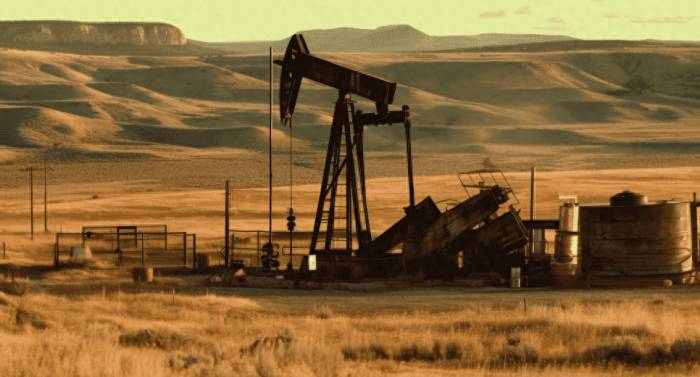
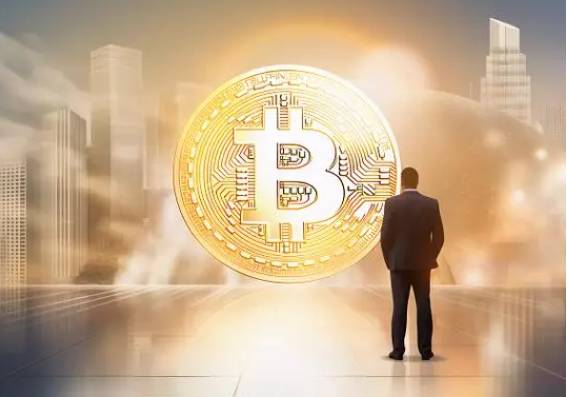
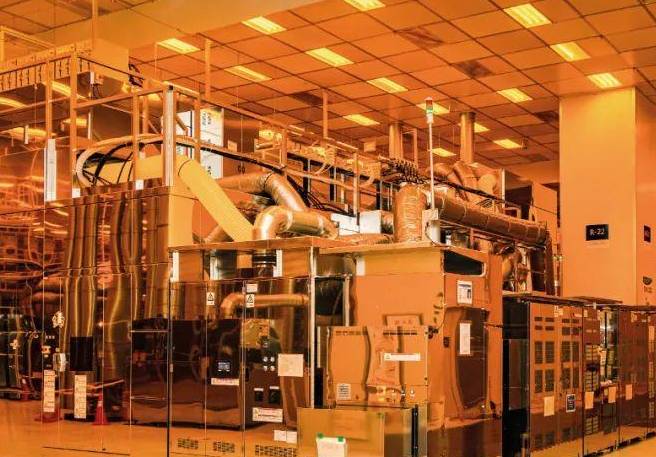




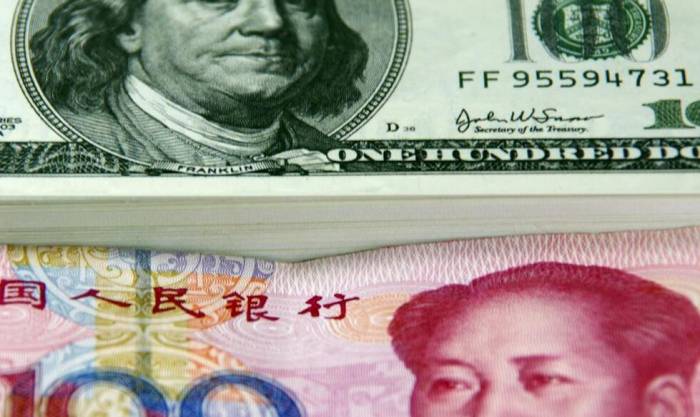







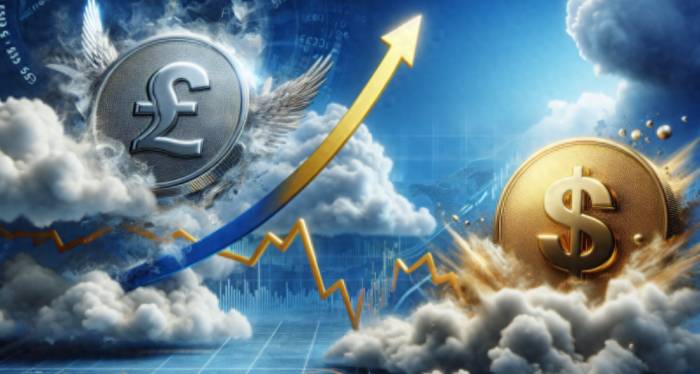










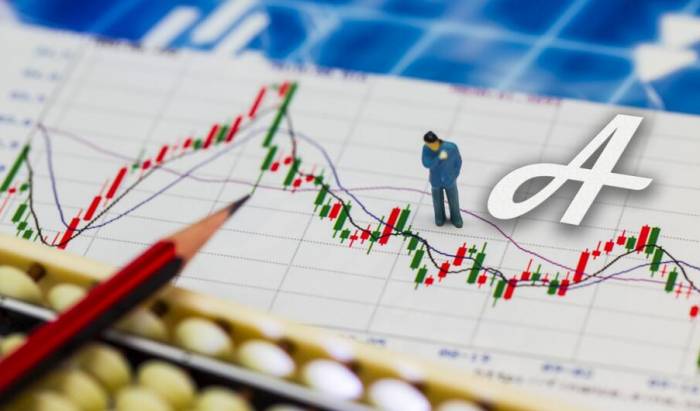

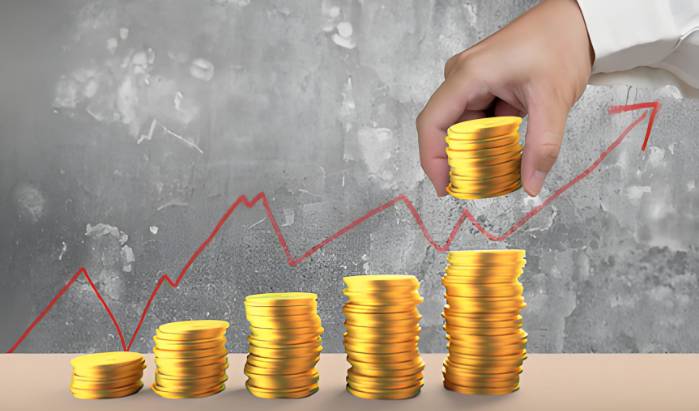
Share Your Comment
hare your unique insights